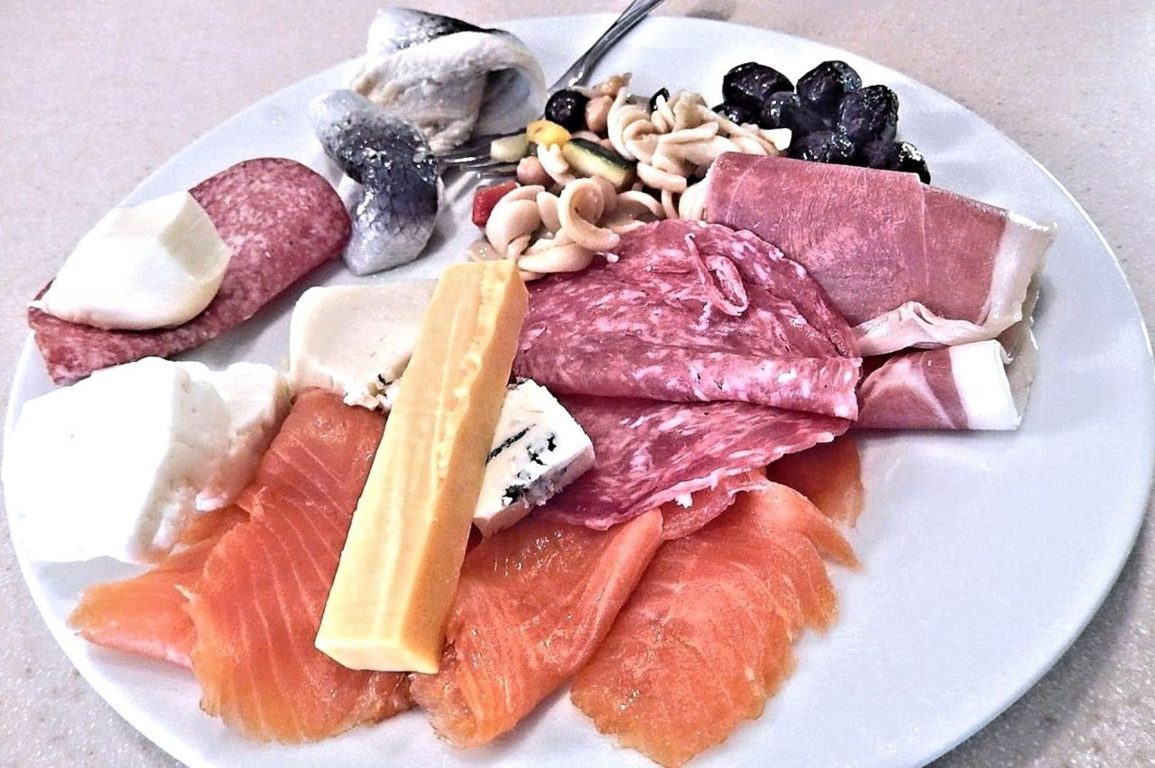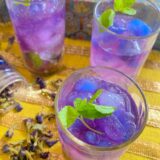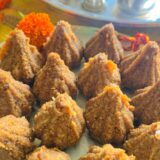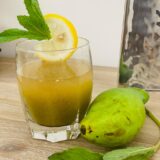
Here’s a vitamin that has recently made its presence felt as an all-rounder to ensure your body’s healthy upkeep.
VITAMIN D is a fat-soluble and a very stable vitamin that does not deteriorate by cooking or storage.
There are two major forms of Vitamin D:
Vitamin D2: we acquire from plant food sources that cannot be synthesized by the body.
Vitamin D3: can be synthesized by the exposure of the skin to sunlight or obtained from animal food sources.
Absorption of Vitamin D from food sources is only 50%, whereas the vitamin produced under the skin is directly absorbed and enters the blood circulation.
Know your Vitamin:
- Vitamin D plays a crucial role in the absorption and deposition of calcium and phosphorus for bone formation.
- It is essential for cell differentiation and growth.
- It is required for the functional maintenance of membranes and organs like the skin, pancreas, muscles, nerves, the parathyroid glands and the immune system.
Vitamin D deficiency manifests as:
- Rickets in children characterized by impaired deposition of minerals in growing bones.
- Osteoporosis in adults that results in decreased calcium and mineral content of bones.
- It also causes hair loss, poor wound healing, impaired immunity, muscle, bone and back pain, fatigue and tiredness, depression and an increased risk of heart diseases.
Vitamin D Friendly Foods:
Seafood: Salmon, Herring, cod liver oil, Sardines, Shrimps
Dairy: Butter, cheese, milk (human and cow’s)(present in small amounts)
Poultry: Egg yolk
Vegetable: Mushrooms are the only plant source of vitamin D.
It is extremely important to get enough of this vitamin from sunlight, diet or nutritional supplements.
So make sure you don’t strike off this vitamin from your list of super nutrients and we bet it will fill in the gaps on your health graph.
Click on the link below for CURO recipes:



